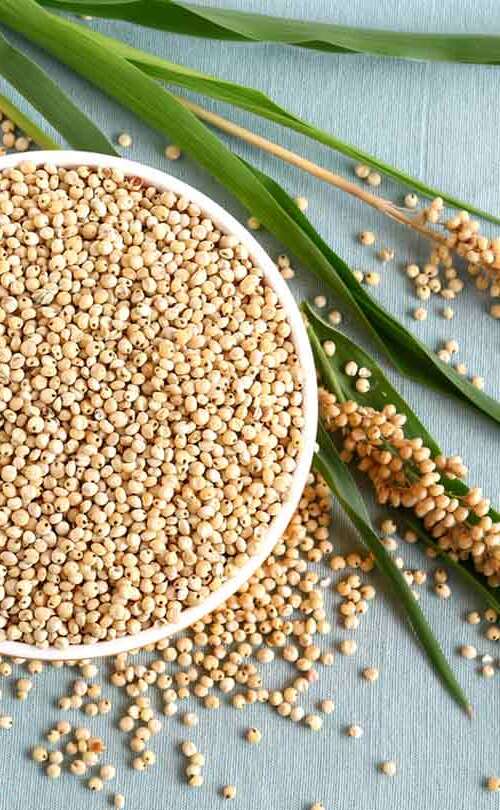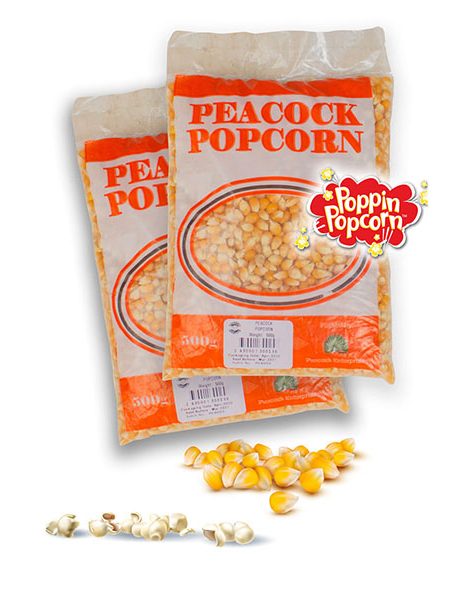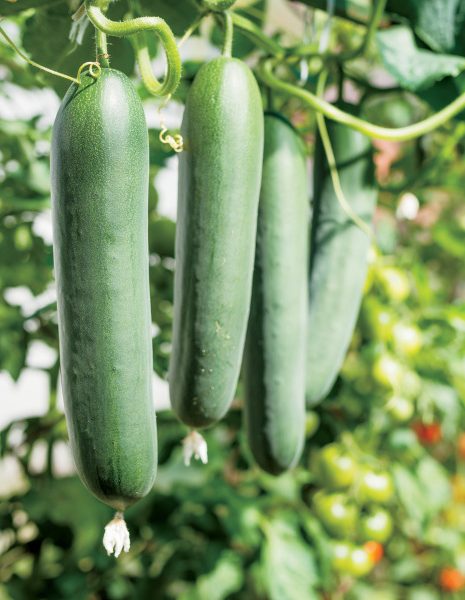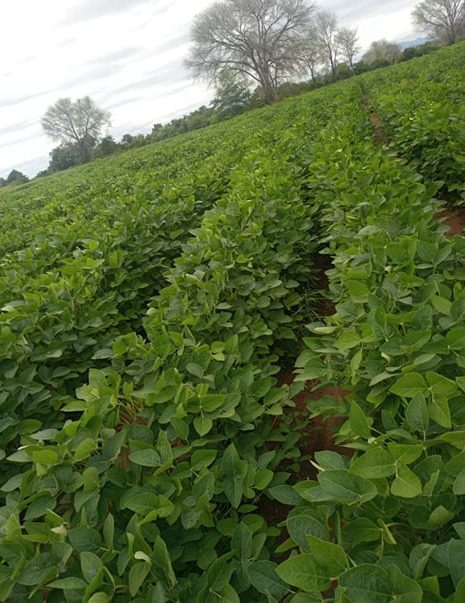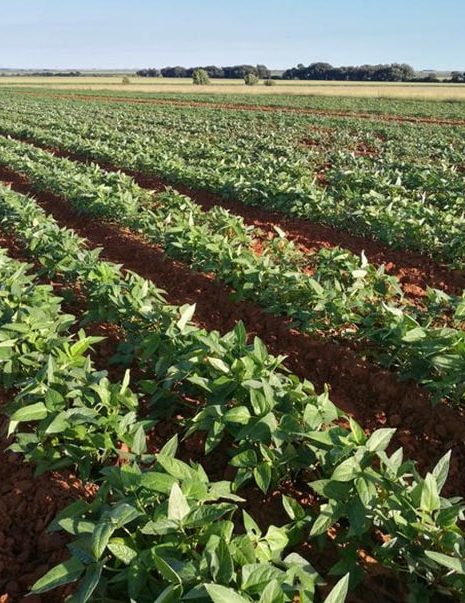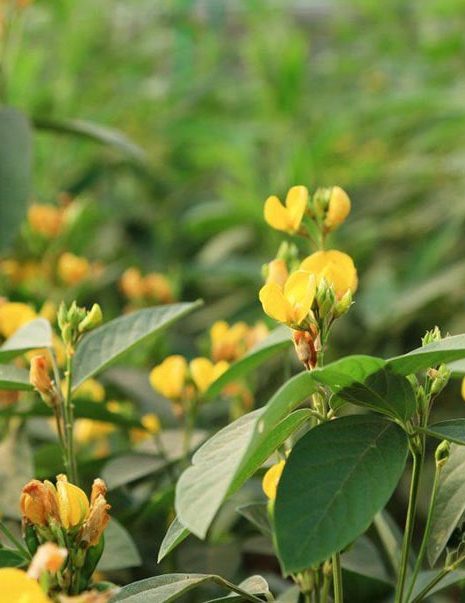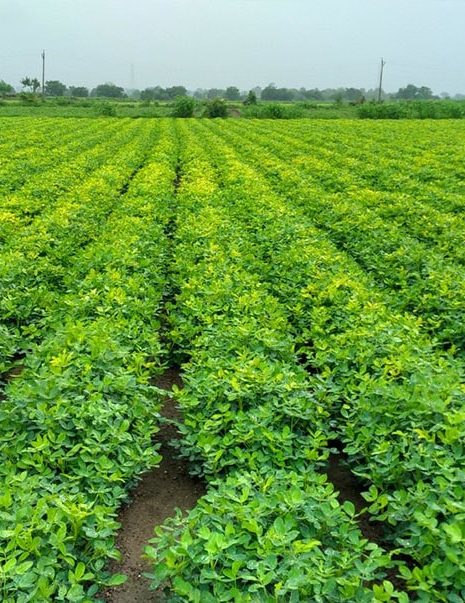Sorghum is a cereal crop that is widely grown in Malawi and other parts of Africa. It is a drought-tolerant crop that can be grown in a variety of climates and soils, making it an ideal choice for farmers looking to increase their yields. Hybrid seeds are available to help farmers produce higher quality sorghum with improved yields.
Growing Sorghum
When growing sorghum, it is important to choose the right variety for your climate and soil type. In Malawi, hybrid seeds are available that are specifically designed for the region’s climate and soil conditions. A good example is Peacock seeds. These hybrid seeds produce higher quality sorghum with improved yields.
Once you have chosen the right variety, you will need to prepare the soil for planting. This includes tilling the soil to loosen it up and adding organic matter such as compost or manure to improve its fertility. After preparing the soil, you can then sow your sorghum seeds at a depth of 1-2 inches (2-5 cm).


